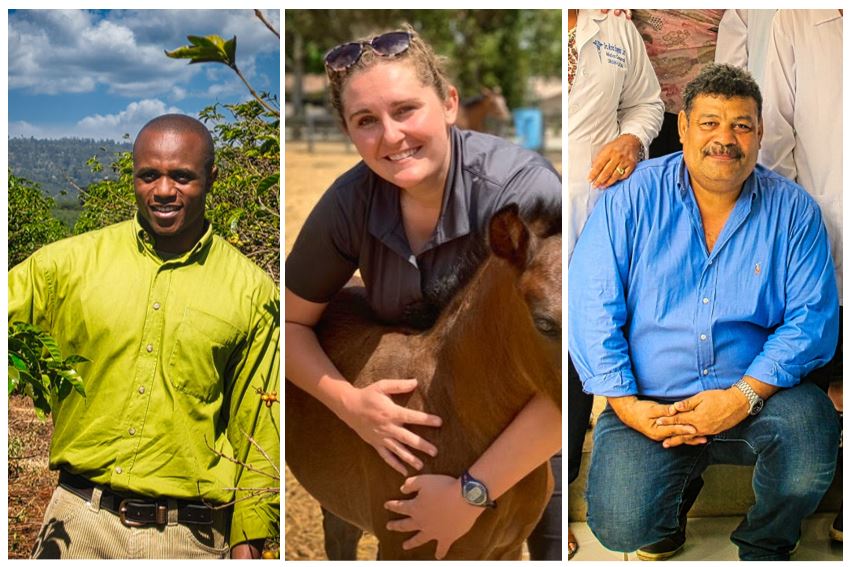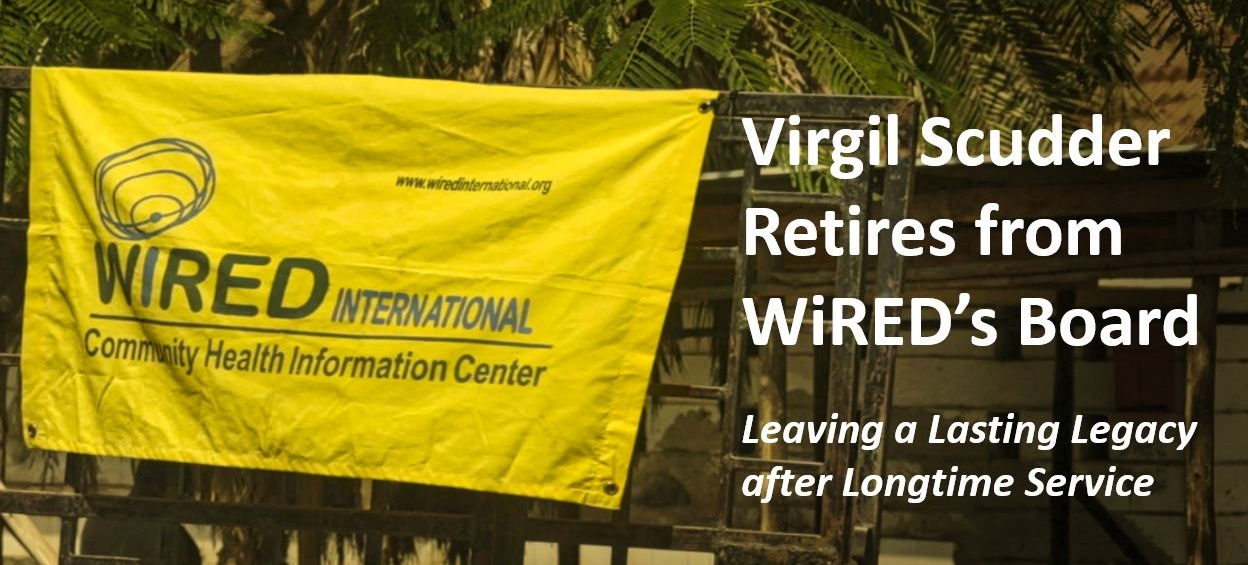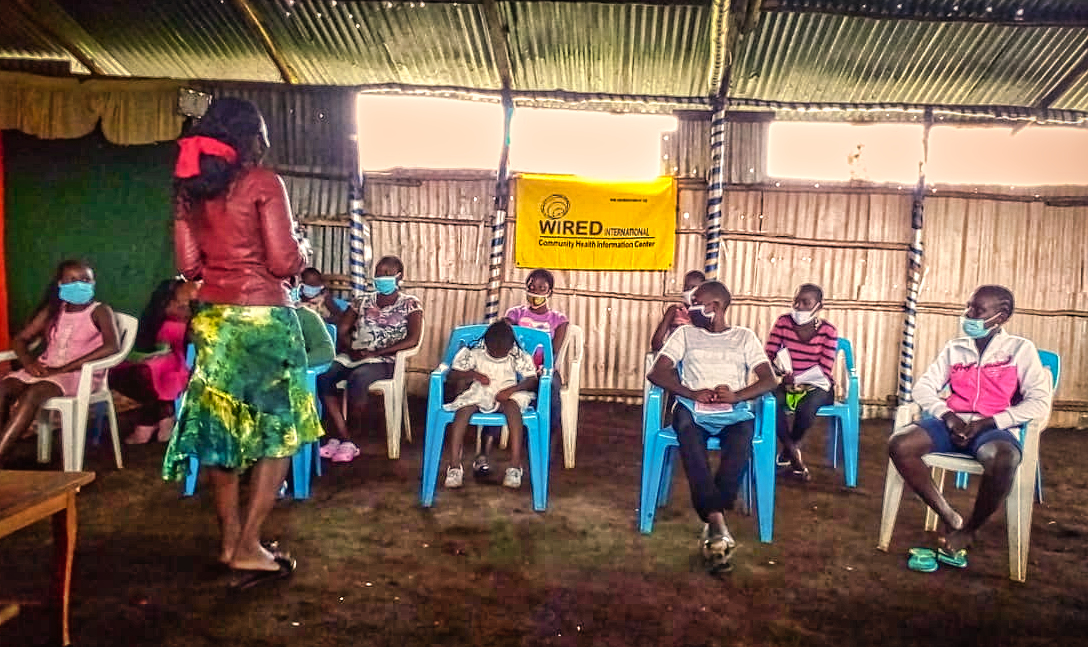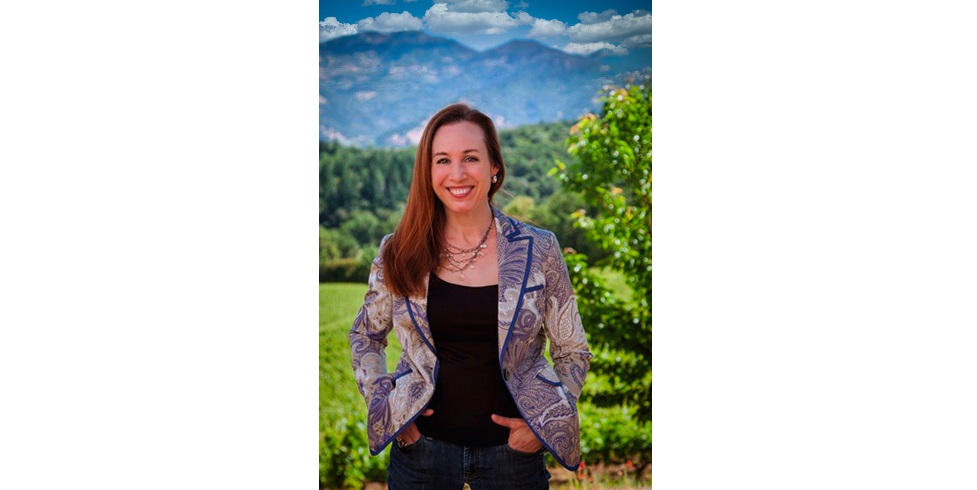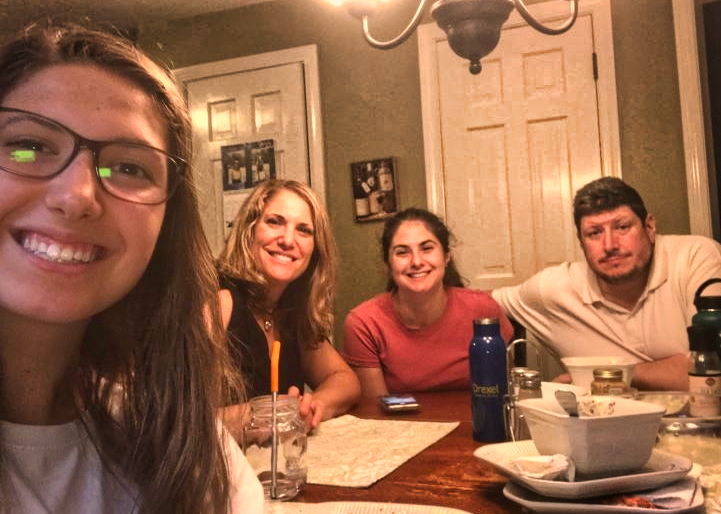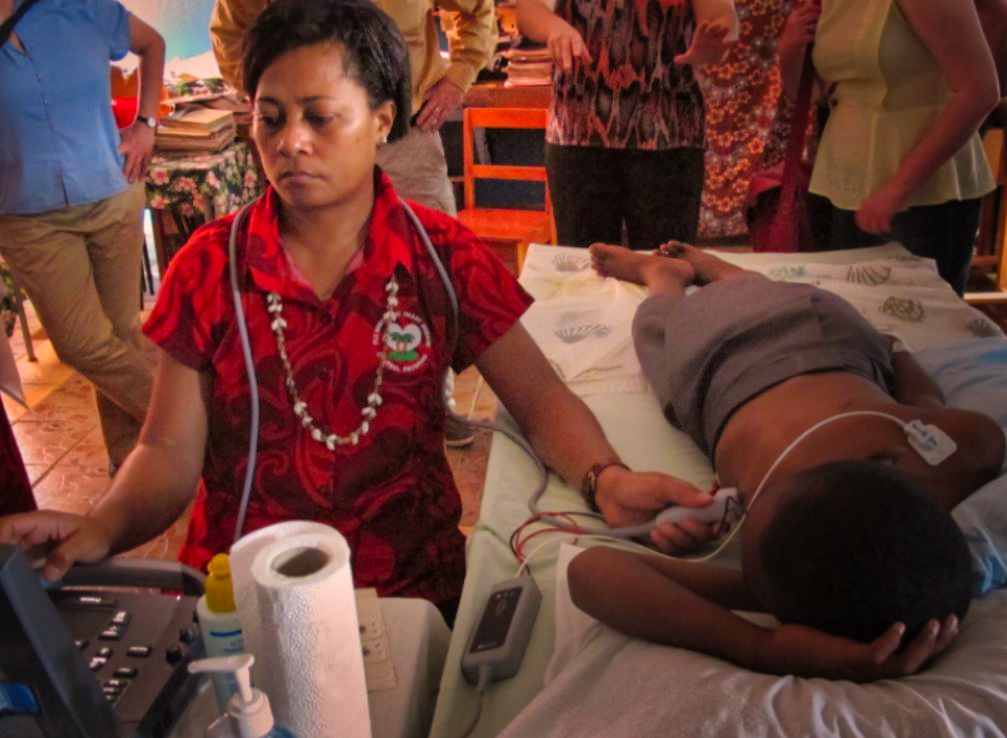WiRED Welcomes Three New Board Members
Posted onMeet WiRED International’s newest Board members! WiRED is pleased to announce the appointment of the following people to its Board: Gray Maganga, a hospital project director; Santiago Castellón, executive director of a nonprofit; and Emily Bardo, a veterinarian. The talents, expertise and enthusiasm that this trio brings to the organization will enhance the reach and success of WiRED’s mission.

